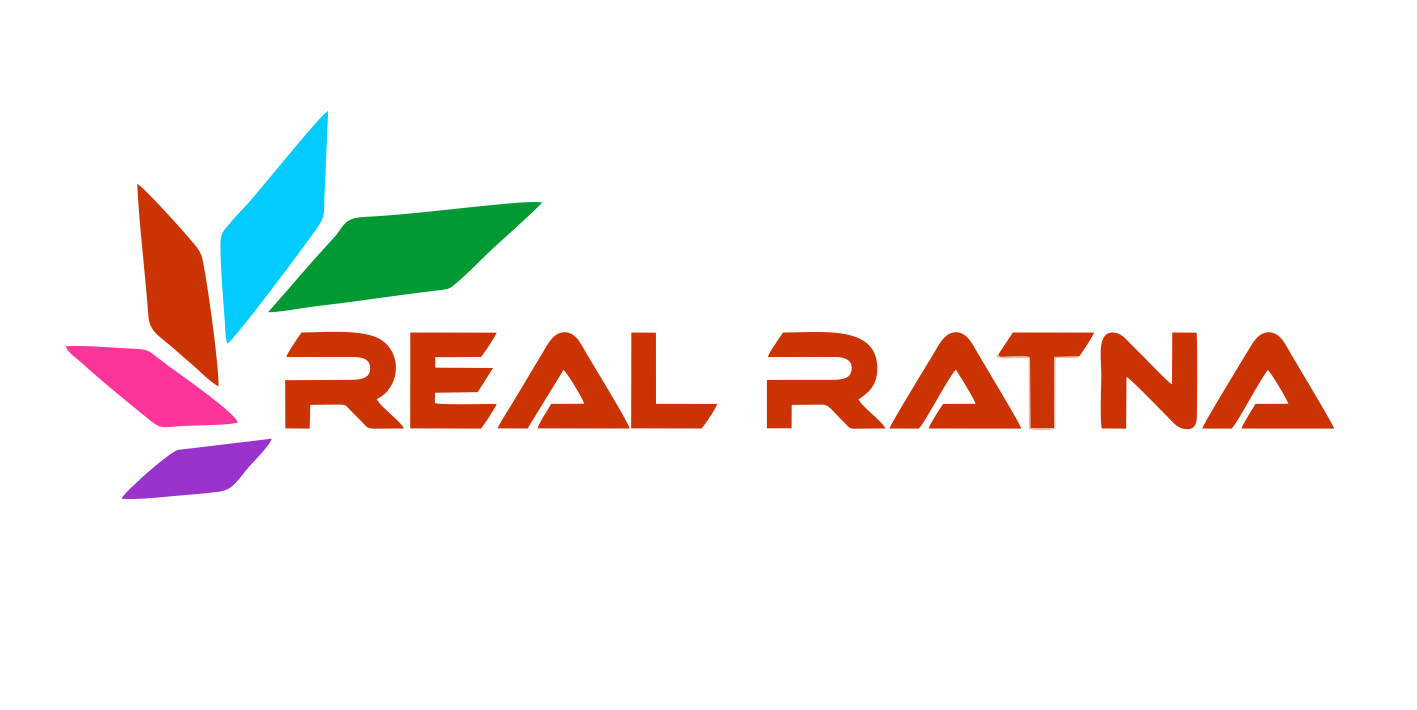Customs Valuation Agreement Text
The Customs Valuation Agreement (CVA), which was adopted by the World Trade Organization (WTO) in 1994, outlines the principles that govern customs valuation for goods traded internationally. The CVA provides a framework for determining the value of goods for customs purposes, which is essential for the collection of import duties and taxes. In this article, we will take a closer look at the text of the CVA and its importance for the global trade community.
The CVA sets out six methods for customs valuation, but the primary method is the transaction value method. This method uses the price actually paid or payable for the goods, adjusted for certain elements, such as transportation and insurance costs. The other methods are fallback methods, which are used when the transaction value cannot be applied, or when the customs authorities doubt the accuracy of the declared transaction value.
One important aspect of the CVA is that it emphasizes the importance of transparency and predictability in customs valuation. The agreement requires that customs authorities provide clear and transparent information on their valuation methods and procedures, and that they apply those methods consistently and fairly. This helps to ensure that importers and exporters have a clear understanding of their obligations and can plan their operations accordingly.
Another important aspect of the CVA is that it recognizes the importance of the relationship between buyers and sellers in determining the value of goods. The transaction value method relies on the price actually paid or payable by the buyer to the seller, which reflects the commercial reality of the transaction. This approach helps to ensure that customs valuation is based on actual market conditions, rather than arbitrary or artificial values.
The CVA also recognizes the importance of consultation and cooperation between customs authorities and traders. The agreement encourages customs authorities to work with traders to resolve valuation disputes and to ensure that the correct value is declared for customs purposes. This can help to avoid unnecessary delays and costs for importers and exporters, and can promote a more efficient and effective customs system.
In conclusion, the Customs Valuation Agreement text is an important document that sets out the principles for customs valuation in international trade. The agreement emphasizes transparency, predictability, and fairness, and recognizes the importance of commercial reality and consultation between customs authorities and traders. By following the principles set out in the CVA, customs authorities can ensure that import duties and taxes are collected fairly and efficiently, and that trade flows smoothly and predictably.
